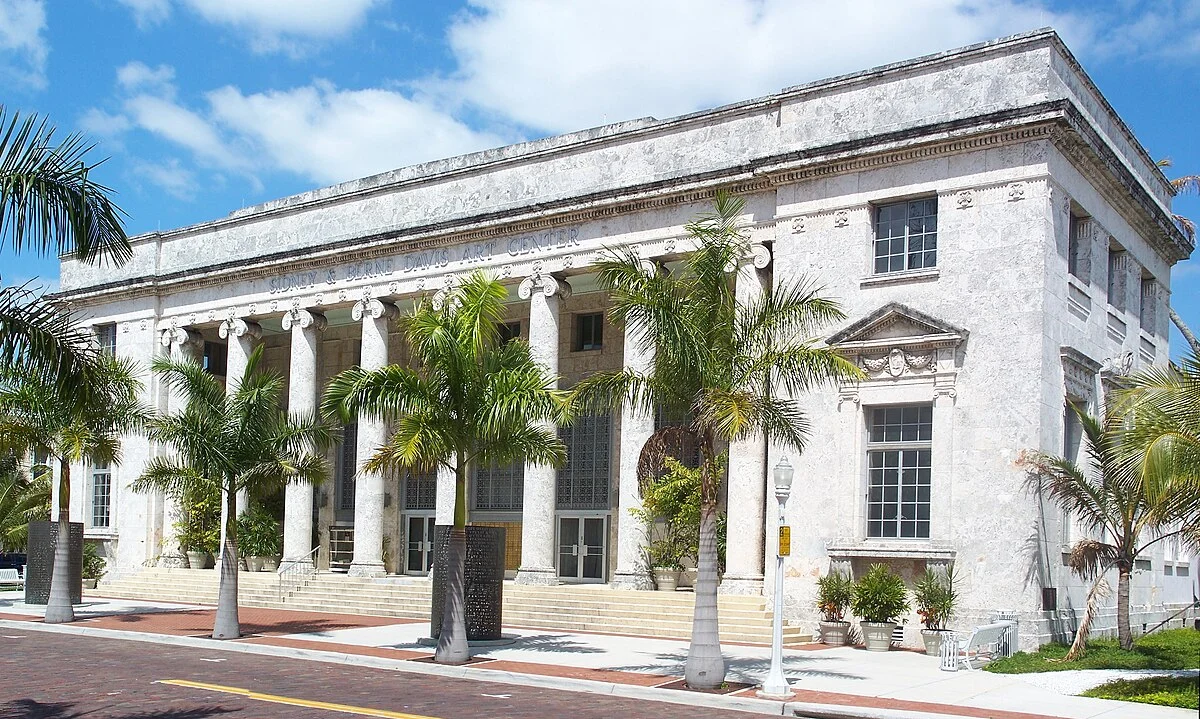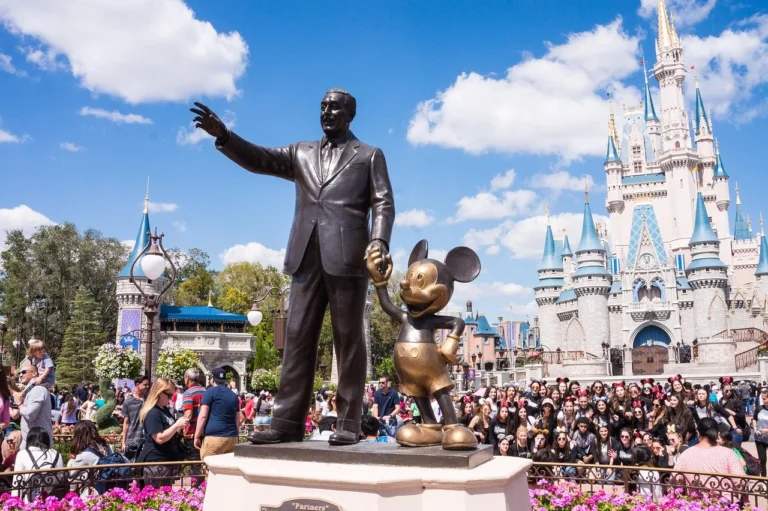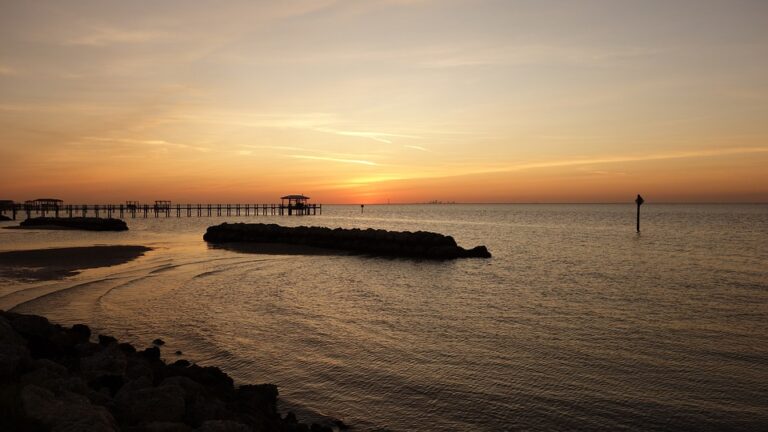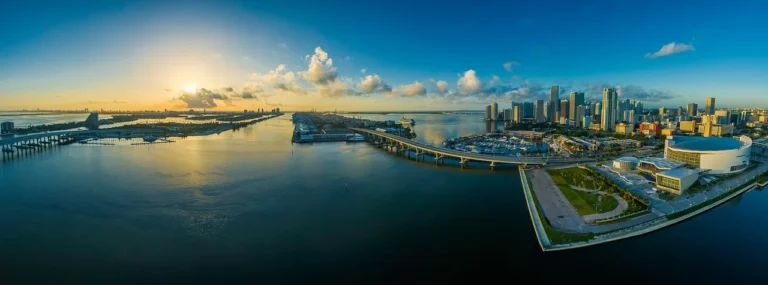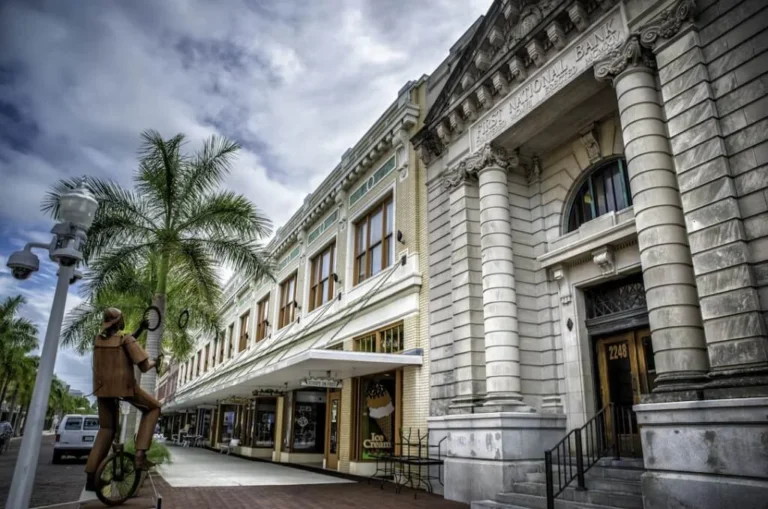Unpacking History: The Origin of Fort Myers’ Name
Why is Fort Myers Named Fort Myers? A Dive Into History
Have you ever wondered how a city gets its unique name? Or what historical figures and events led to the naming of places like Fort Myers? If so, you’re not alone! Understanding the origins of city names can be fascinating, and Fort Myers, located in beautiful Southwest Florida, has a rich history worth exploring.
In this article, we’ll unravel the story behind Fort Myers’ name, delve into its significance, and examine how this charming city has evolved over time.
The Historical Background
Fort Myers was named in honor of Colonel Abraham C. Myers, who played a crucial role in the Second Seminole War. But to truly appreciate the significance of this name, let’s take a step back and look at the context in which the fort was established.
The Seminole War Era
The Second Seminole War, which lasted from 1835 to 1842, was a pivotal moment in Florida’s history. It was primarily a conflict between the United States government and the Seminole Tribe, fighting against forced relocation. Colonel Myers was stationed in Florida as a quartermaster and was responsible for supplying troops during this challenging time. The fort was established in 1850, post-war, as a way to provide security and support for settlers in the area.
Establishment of the Fort
In the early 1850s, as settlers began to move into the region, the need for protection against potential Seminole attacks was felt. Thus, the Fort was constructed on the banks of the Caloosahatchee River, initially serving as a military outpost.
Why a Fort?
You might be asking why a military fort was necessary in what would become a bustling town. The answer lies in the tensions between settlers and the indigenous populations. Forts played an essential role in asserting government presence and providing safety to new settlers.
Colonel Myers’ connection to the fort made it fitting to name it after him, a common tradition in military history to honor notable leaders.
Transition to a Town
As the fort continued to function and provide security, the area surrounding it began to develop. By the late 19th century, Fort Myers transitioned from a military outpost to a thriving settlement.
Growth and Development
Following the Civil War, Fort Myers began to blossom into a town. The arrival of the railroad in the 1880s facilitated trade and made the region more accessible. This led to an influx of new residents, businesses, and cultural diversity.
The Name’s Evolution
Though named Fort Myers, the area is often referred to simply as “Myers” by locals. This name carries both a military significance and a sense of community pride. As the town grew, the name became synonymous with prosperity, hospitality, and a rich cultural heritage.
The Culture of Fort Myers
Over the years, Fort Myers has morphed into a vibrant community known for its cultural events, natural beauty, and tourism.
Key Attractions and Events
Fort Myers is home to the historic Edison and Ford Winter Estates, showcasing the fascinating lives of American inventors Thomas Edison and Henry Ford. Additionally, the city hosts numerous cultural events and festivals, drawing visitors from all over.
Why Understanding the Name Matters
Knowing the background of Fort Myers connects you to the city’s history and its people. The name embodies stories of struggle, resilience, and progress, making our understanding of it richer.
Conclusion
So there you have it! The name Fort Myers not only pays homage to Colonel Abraham C. Myers but also encapsulates a piece of American history that shaped part of Florida’s cultural landscape. Understanding the origins of city names brings history alive, linking us to the past as we look forward to the future.
What are your thoughts on the historical significance of Fort Myers? Feel free to share your feedback in the comments section below!
FAQs
1. Who was Colonel Abraham C. Myers?
Colonel Abraham C. Myers was a U.S. Army officer who served as a quartermaster during the Second Seminole War, playing a key role in supplying troops.
2. What was the purpose of Fort Myers?
The fort was established to provide security for early settlers in Southwest Florida during a time of conflict with the Seminole Tribe.
3. When was Fort Myers established?
Fort Myers was established in 1850, following the tensions of the Second Seminole War.
4. How has Fort Myers evolved over time?
Originally a military outpost, Fort Myers has transformed into a bustling town known for its cultural attractions and growth since the late 19th century.
5. What are some key attractions in Fort Myers today?
Key attractions include the Edison and Ford Winter Estates, several beautiful parks, and various cultural festivals held throughout the year.
Trusted Sources
https://en.wikipedia.org/wiki/Fort_Myers,_Florida
https://www.fortmyers.org/
https://www.floridamemory.com/
https://www.nps.gov/semi/learn/historyculture/seminole_war.htm
https://www.smithsonianmag.com/

